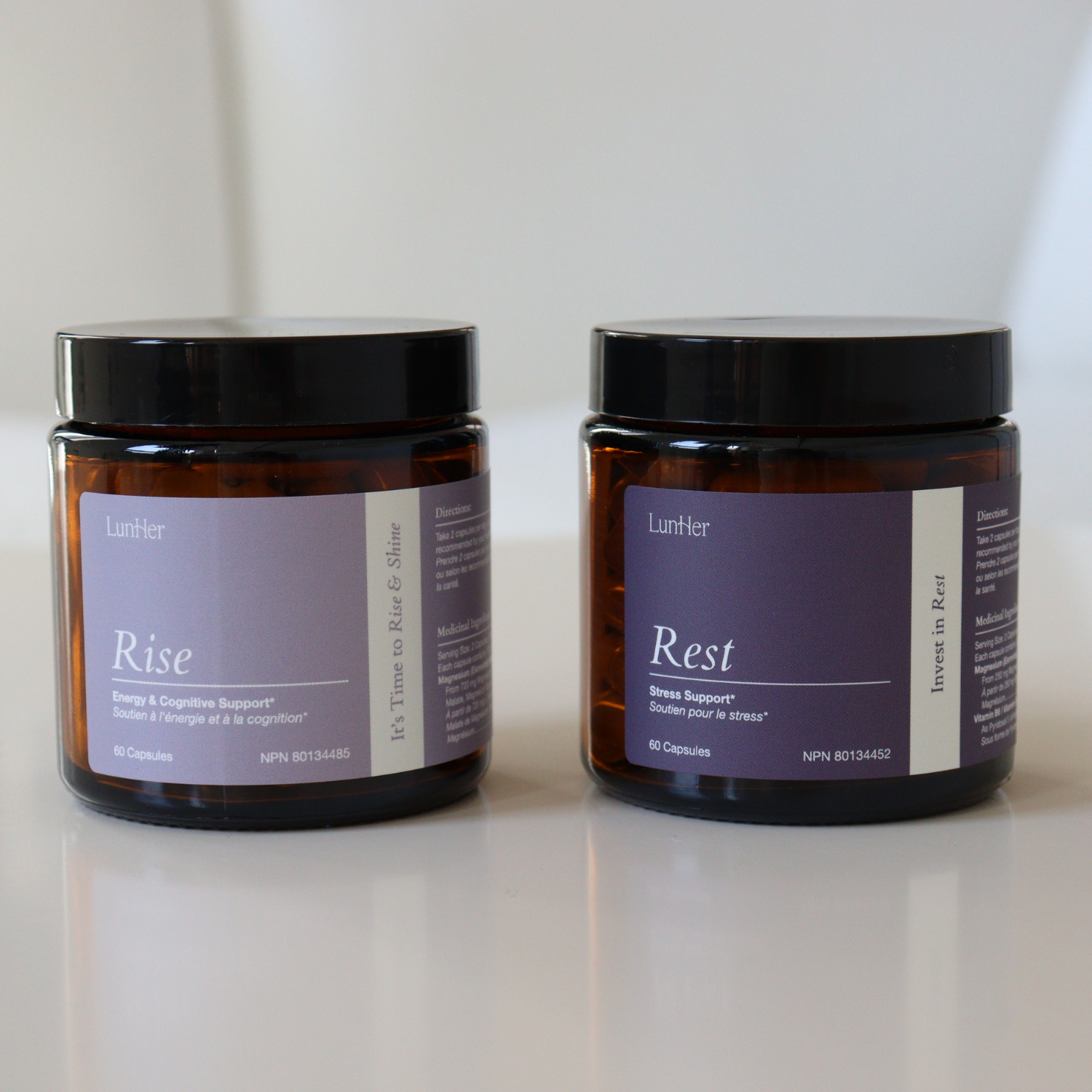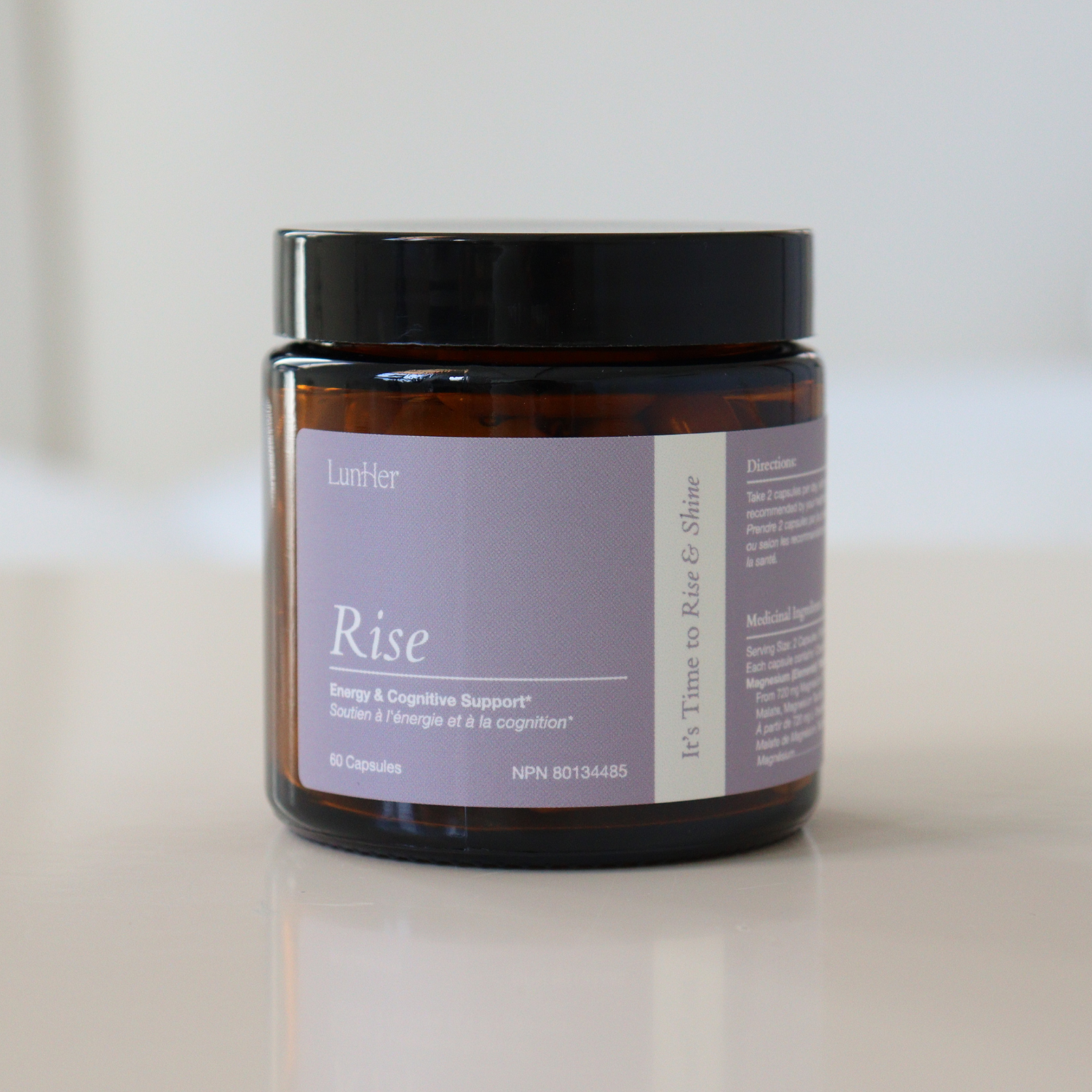
Do Gummy Vitamins Work as Well as Regular Vitamins?
Gummy vitamins might taste sweet, but when it comes to your long-term health, there’s additional things to consider.
The LunHer Take
-
Gummy vitamins may seem like an easier and tastier alternative but they aren’t absorbed as well as regular vitamins.
-
Gummy vitamins pose multiple health risks including sugar content and artificial colors.
-
If you don’t want to swallow pills, there are still better options to consider over gummies.
The Pros: Why Gummies Are Popular
Gummy vitamins are designed to be a tastier, more enjoyable experience than regular vitamins. They're colorful, candy-like, and easy to take. If you struggle with pills, they can feel like a friendlier option. And for some people, especially kids or those with sensitivities, they can be a helpful stepping stone into a supplement routine.
But are they as effective as traditional pill vitamins and supplements? Well, the results are mixed. Let’s start with the positives: Yes, taking gummy vitamins can offer some health benefits.
In general, boosting your intake of certain vitamins and minerals can be good for you. They can help boost your immune system, heal wounds, convert food into energy, repair cells, and more. Taking your vitamins can also be a valuable strategy for making up for nutrient deficiencies in your diet.
Gummy vitamins can help boost intake of essential nutrients but they are not as efficient as regular vitamins. Regular vitamins offer superior health benefits, and gummy vitamins come with downsides of their own.
The Cons: What to Watch Out For
The first downside of gummy vitamins is that they have fewer nutrients than regular vitamins. This is partly due to the fact that gummy vitamins have a shorter shelf life than regular vitamins and their potency drops quite dramatically over time. If you happen to be in a position where getting the right amount of vitamins and minerals is an urgent matter, gummy vitamins aren’t the way to go.
Another concern is that gummy vitamins tend to be loaded with sugar content. Sugar content, as most people are aware, can sometimes bring negative consequences. The American Heart Association recommends no more than 25 grams of sugar per day for women and more more than 36 grams of sugar per day for men. Most gummy vitamins come with 2 to 8 grams of sugar per serving, which might set you on a course for surpassing your recommended totals. Sugar can also affect your dental health and contribute to the formation of cavities.
Some gummy vitamins are produced with sugar substitutes but these can be just as distressing for your health. Artificial sweeteners have been linked to gastrointestinal issues and can even have a laxative effect. People who can’t tolerate artificial sweeteners should avoid gummy vitamins altogether. In addition, gummy vitamins almost always use artificial colors and studies have shown that artificial colors should be limited because of their potentially toxic effects. For a supplement that’s meant to support your health, that’s not the tradeoff we’re looking for.
Are Gummy Vitamins Absorbed as Well as Pills?
For a number of reasons, gummy vitamins are not absorbed by your body as well as regular pills are. Gummy vitamins have a shorter shelf life than regular vitamins, provided the regular vitamins are stored correctly (away from direct sunlight and humidity). Due to this shorter shelf life, some forms of the gummy vitamins won’t remain active for as long. Furthermore, sometimes gummy vitamins won’t make it to the stomach and small intestines intact.
Gummy Vitamins and Kids
Gummy vitamins might seem like an easy solution for children but parents need to be cautious. Because these vitamins are made to be so tasty, there’s a higher risk for your kids to consume too many. One study found that it was easier for certain children to reach toxic levels of vitamin A from eating too many of a chewable multivitamin. If you’re using gummies for your child, store them safely and always follow serving guidelines.
Alternative Ways to Take Vitamins
If regular vitamin capsules aren’t for you, there are still alternatives to gummy vitamins. You can open up your capsules and sprinkle the nutrients over foods, such as applesauce, or in beverages, like water or smoothies. You can even take a liquid or a powder supplement. All of these forms are easily absorbed and may be easier for you than having to swallow pills. They’re all also healthier than gummy vitamins.
The Bottom Line
Gummy vitamins can offer some health benefits, but those benefits are largely offset by the adverse effects of these sugary alternatives. They have high sugar content and typically use artificial colors, which can be toxic for your health. The sugar content can be bad for your heart health and for your dental health. Gummy vitamins may be useful for getting kids to take their vitamins, but make sure you are being cautious. If you want an alternative to taking vitamins in pill form, you may want to explore liquid or powder supplement options.





